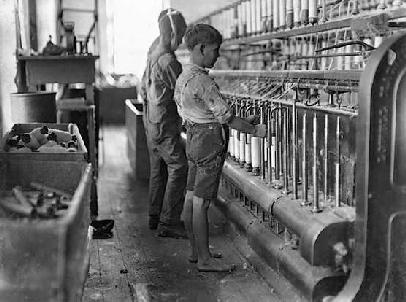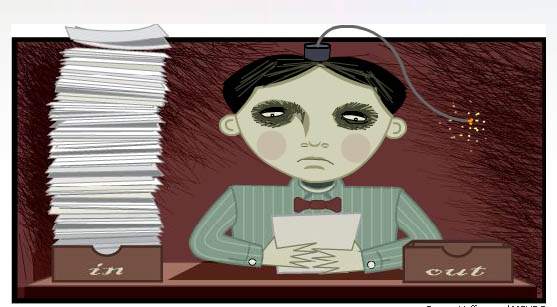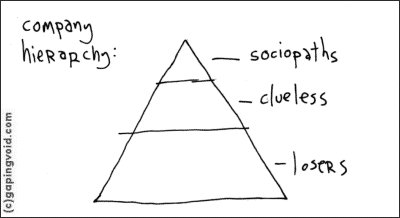Why should companies have private offices?Â
According to this post the benefits of a private office are:
* Fewer distractions.
* Ability to personalize the space, to make yourself more comfortable, without distracting others with your personal preferences.
* Ability to have a radio/MP3 player running, for background noise (and filtering out others’ noise), without bothering anyone else.
* Ability to use speakerphone if you need to type while you’re talking, without bothering anyone else.
* Ability to close the door and put a “DO NOT DISTURB” sign up if you’re working on something critical and need to work without interruption.
* Ability to close the door if you’re working on a Security-related item, instead of having to take who knows how long going to who knows where to a secure workstation setup”
We have challenged many of our clients whether they should have a private office or not. The arguments that it all depends on the line of work is only an excuse I think. We discussed the issue with law firms, consulting companies and banks. Apart from the need of physical separation (Chinese walls) required by FSA regulations, the need for a private office is quite often only a status confirmation. I believe that we should look at the job performed and the needs rather than status, thus confidential calls could be made in meeting rooms close by, how many private telephone calls are managers making anyway?
The benefits of not having a private office:
* Managers more approachable to the staff,
* Reduced real estate costs, often managers are spending most of their time in meetings, visiting clients etc… we noticed that the occupation levels of private offices is actually quite low.Â
* Less hierarchy, many companies talk about a flat organization, but the lay out of an office often says it all. Directors in private offices, managers sitting on desks slightly away from the team and team leaders sitting at the head of the table.Â
* Better communication, for example studies in call centres have shown that when managers, sit on the floor with their teams to have a significant impact on production and motivation.
Â


